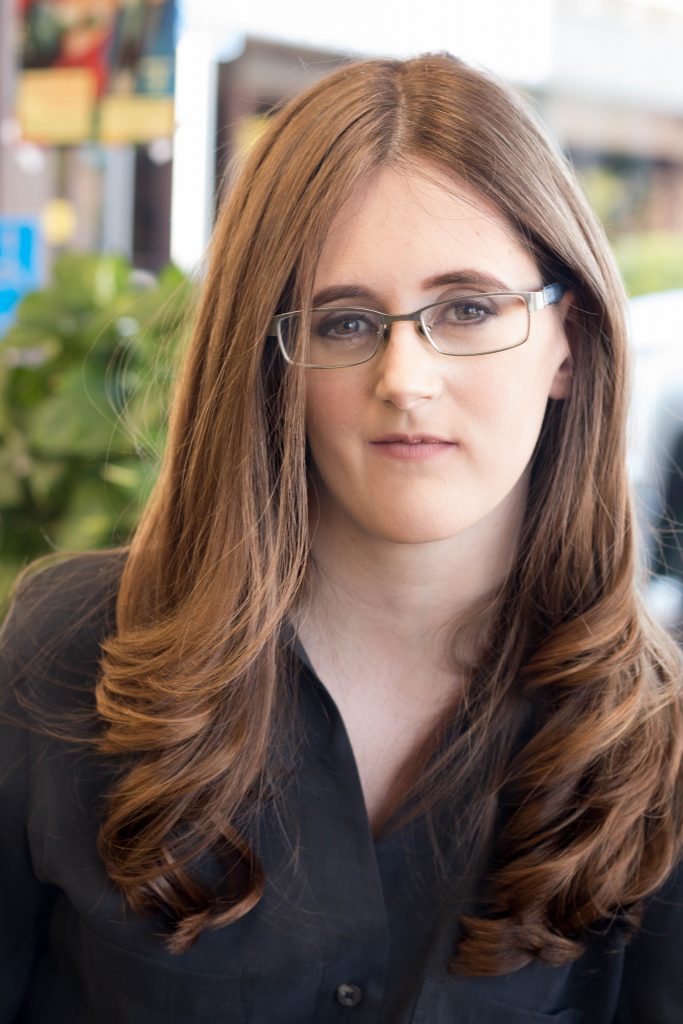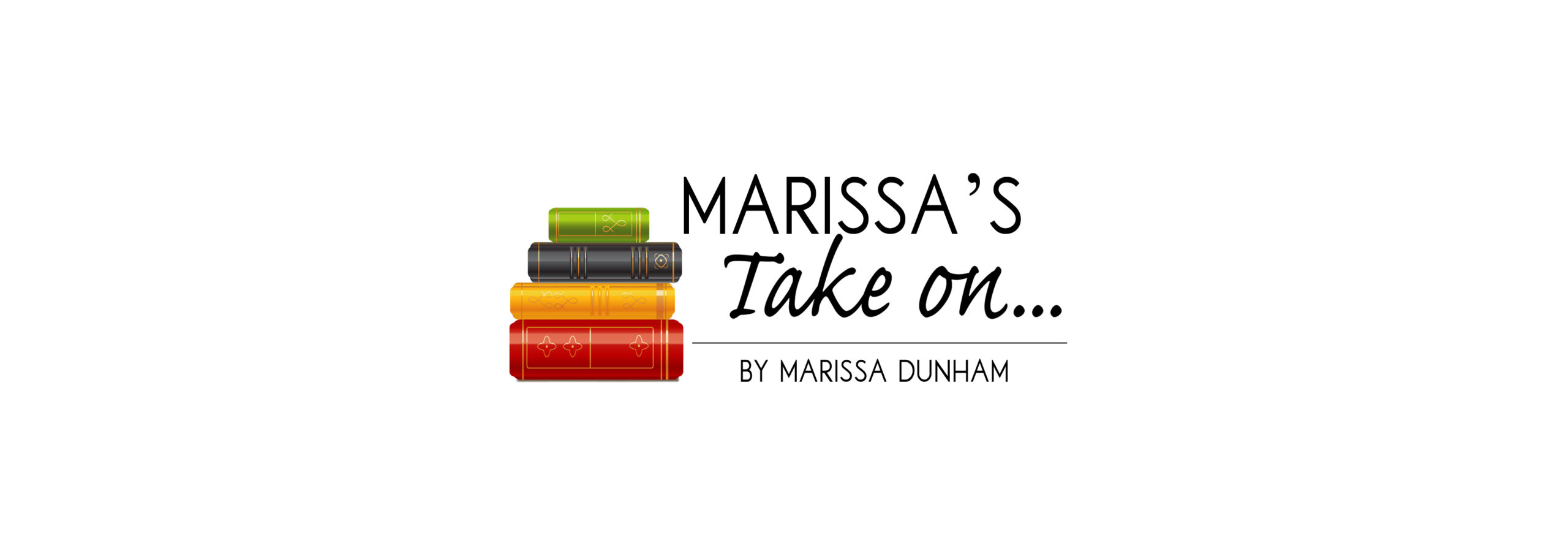By Marissa Dunham //
Marissa’s Take On is starting a new focus for its monthly book reviews. Each month all five craft books will be centered on a specific genre.
This month’s genre is mystery.
Mystery writers will attest that you need to be comfortable with the conventions and subgenres of mystery before shopping your book around to publishers and agents, or seeking an editor. Whether you’re writing cozy mystery, true crime, noir, or private detective – they all have their quirks and heroes. What you’ll read a lot about in these books on mystery is a puzzle and ultimately how to answer questions of who, when, where, why, and how.
You will be able to pick up any of these craft books below whether you’ve been writing mysteries for many years or are new(er) to the genre.
Mystery Facts
The first detective story was a short story published in April 1841 by Edgar Allan Poe called “The Murders in the Rue Morgue.”
Don’t forget to check out the practice exercise at the bottom of the column, and look back at previous Marissa’s Take On columns for any practice exercises you might have missed.
Special thanks to Sisters in Crime Orange County, Barbara DeMarco-Barrett, and Theresa Schultz for their help in the selection of these wonderful craft books.
Here are the five!
- How to Write a Damn Good Mystery: A Practical Step-by-Step Guide from Inspiration to Finished Manuscript by James N. Frey
What I like most about this one is that writing mystery is made to be fun. Frey’s inviting sense of humor makes the material accessible for all levels of writers. And he doesn’t shy away from the difficult questions of death, injustice, and reason in mystery either. The book is about 288 pages and takes writers from easy-to-read introductions to deeper conversations about the history of the genre and technique. You will also find this book of great value if you’re writing detective mysteries. - How to Write a Mystery: A Handbook from Mystery Writers of America edited by Lee Child with Laurie R. King
This is a comprehensive book of essays with fascinating topics from 70 successful mystery writers. The roughly 336-page book was produced by Mystery Writers of America and has a little something for everyone. There are many editions out there. Make sure to look for the 2021 edition for the latest on the genre. - Writing Mysteries, Second Edition edited by Sue Grafton with Jan Burke and Barry Zeman
If you’re looking for an all-around good book on mystery writing, then this is the book for you. Another from Mystery Writers of America, what is valuable about this book of essays is that it has perspective about what’s most important for writing believable mystery. You will learn how to construct suspense, develop a protagonist readers will root for, lay out clues, and research law and forensics. The book is about 320 pages and an excellent choice for learning mystery. - Don’t Murder Your Mystery by Chris Roerden
Winner of the Agatha Award for Best Nonfiction Book, Roerden’s focus on technique in mystery is a good read. You will appreciate her candor and tell-it-like it is approach for what works and what is less effective to hold a reader’s attention. And let’s face it, in mystery you need to sustain a reader across many plot twists, and it’s helpful to have someone on your side while you’re writing it. Her background is in editing and writing instruction, and she offers a valuable pool of knowledge on the subject of mystery and how submissions are screened, with frank advice. The book is about 304 pages. - Writing and Selling Your Mystery Novel Revised and Expanded Edition: The Complete Guide to Mystery, Suspense, and Crime by Hallie Ephron
This interactive, roughly 304-page guide book is organized around a clever and useful premise for mystery writers: planning, writing, revising, and publishing your mystery novel. The book covers all topics of mystery including the basics of writing and story development. A couple great features you will find in this one are 1) lists of mystery books to read from many of the subgenres and craft elements and 2) charts you can complete to identify the building blocks of your mystery. It’s a good resource all the way around.
Marissa’s Take Practice Exercise: Writing Backward
Write an outline for a mystery. Start with the reveal and go backward to the crime.
Next month we’ll review craft books for romance.

MARISSA DUNHAM is a writer and freelance editor. She spent the early part of her career in educational publishing, but now spends most of her time editing literary fiction, magical realism, and middle grade fiction. She lives in Southern California, where she enjoys bringing new life into the world by planting tomatoes and flowers in the garden.


One Reply to “MARISSA’S TAKE ON: 5 Craft Books for Mystery Writers”